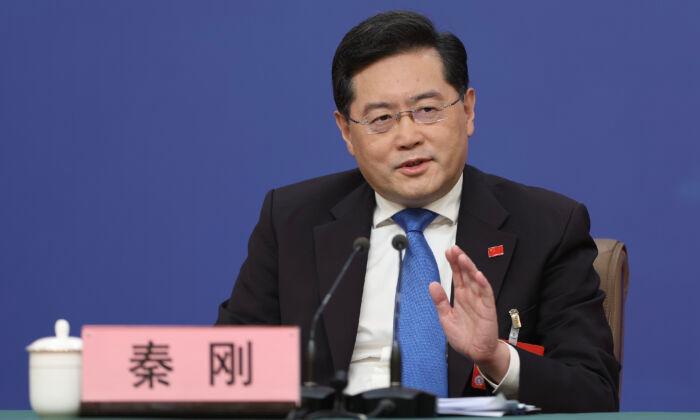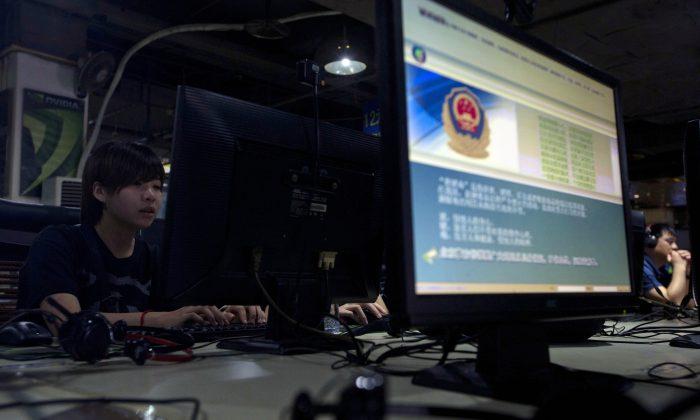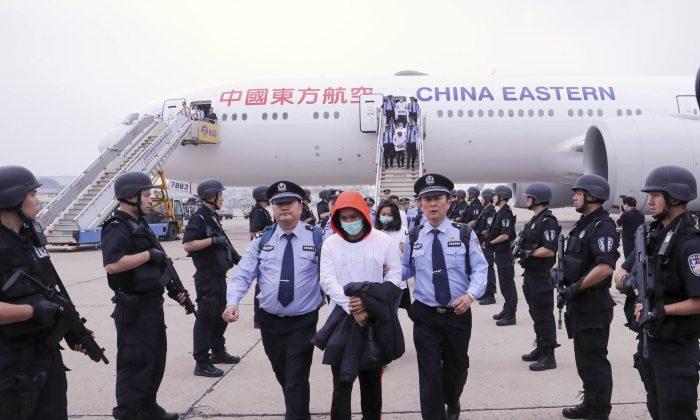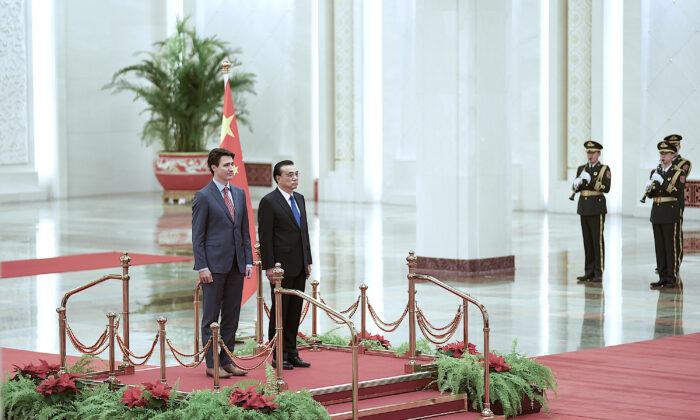An official from China’s foreign ministry admitted that Beijing cares little for the judicial sovereignty of European countries if they don’t serve China’s interests.
The fact that the Chinese Communist Party (CCP) will go after its targets abroad using any means necessary is nothing new, nor is it news that government bodies, officials, and individual law enforcement officers have made it known that if Beijing can’t get people back because a country refuses to engage in law enforcement cooperation, such as not ratifying an extradition treaty, it will use “alternative” methods.
This should have caused outrage in courts and parliaments in countries with extradition treaties with China, yet it hasn’t.
Spain, unfortunately, is one of a dozen or so countries in Europe that maintains an extradition treaty with China, signed in the wake of the 2008 global financial crisis. Moreover, no country in the world has extradited as many people to China as Spain since then, with more than 200 people sent back, and with courts that seemingly pay no attention to their (legally binding) commitments to block such extraditions if it violates the rule of law or human rights.
Despite this, Beijing apparently feels it’s both too slow and cumbersome to use such extraditions, and that in Europe, some countries sometimes deny these requests.

The Safeguard Defenders report exposed that police had outlined the various forms of pressure that could be used on Beijing’s targets, including investigating and punishing family members who refuse to cooperate with the police to get their relative back, depriving families of social security benefits, depriving their children back in China the right to education, and harassment and intimidation.
In essence, China’s Ministry of Foreign Affairs is saying that extradition treaties are to be respected only when courts decide to approve extraditions. Even then, Beijing will intentionally choose not to use the judicial process (which affords legal safeguards to the target) if it thinks a country might say no, or if the process is deemed too slow.
In short, there’s no judicial sovereignty for other countries in the eyes of China.
If this isn’t a wake-up call and yet another reminder that signing these treaties, which undermines the rule of law, offers no protection against Chinese government overreach in their countries, then what will be?
It’s clear that Beijing has no intention to honor its bilateral extradition agreements with other countries. These agreements need to be suspended immediately, similar to what happened to Hong Kong before, or it will encourage even worse behavior and more violations of the judicial sovereignty of those countries.





